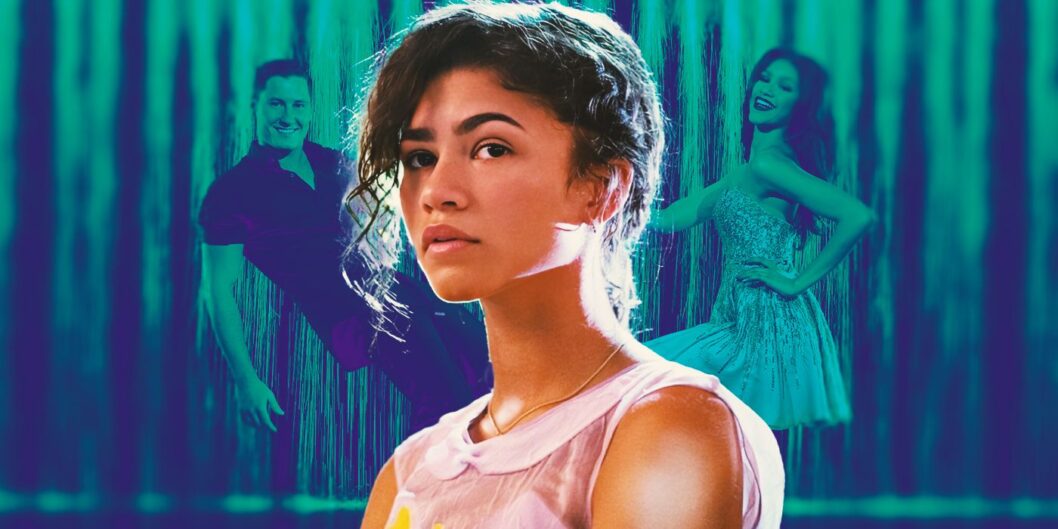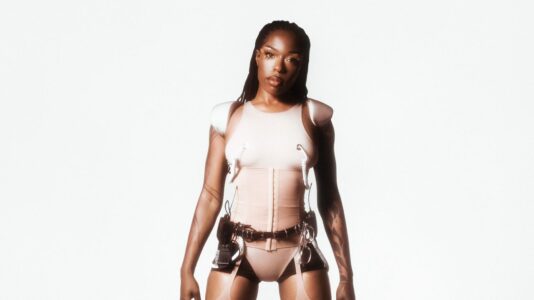The Hidden Struggles of Celebrity Life: Zendaya Reflects on ‘Dancing with the Stars’ Experience
In the glitzy world of celebrity, the allure of fame often overshadows the personal challenges faced by public figures. This notion is underscored by Zendaya’s recent reflections on her time as a contestant on ABC’s Dancing with the Stars, where she has come forth to share the emotional burdens that accompanied her experience in the spotlight. Despite the glamor associated with her celebrity status, Zendaya’s candid acknowledgment of stress and pressure offers a new perspective on what it means to compete on reality television.
Zendaya’s Experience on ‘Dancing with the Stars’
At just 16 years old, Zendaya made her debut in Season 16 of Dancing with the Stars in 2013, shortly after her breakout role in Disney Channel’s Shake It Up, alongside fellow actress Bella Thorne. Partnered with professional dancer Val Chmerkovskiy, the duo impressed judges and audiences alike, securing their place in the finale. However, despite receiving perfect scores, they finished second to Kellie Pickler and Derek Hough.
In an interview with W Magazine published on January 3rd, 2025, Zendaya revealed, "Listen, I’m still harboring a little animosity about that. I felt that loss. I was only 16 years old, and it was highly stressful. Being on live television every week? It’s so scary." This insight shines a light on her internal struggle, emphasizing the tremendous pressure that young stars face in high-stakes environments. She further reflected, "I wish I’d enjoyed it a little bit more and was just like, ‘Eh, whatever.’ But I was stressing myself out. I really went through it on that."
The Stress of Reality Competition
Zendaya’s reflections are significant as they counter the common perception that celebrity life is synonymous with luxury and ease. Her experience illustrates that the competitive nature of reality shows can be overwhelming even for well-known figures. The rules of Dancing with the Stars reveal the underlying pressures contestants endure. From the moment they are cast, they are subjected to rigorous demands: they cannot choose their partner, dance routines, or wardrobe, and must engage in daily practices, culminating in a strained balance between performance and mental well-being.
Moreover, the show’s production dynamics exacerbate this stress, as producers retain the right to modify routines during rehearsals, leaving contestants feeling vulnerable and exposed. The nature of reality television—and the public scrutiny that accompanies it—can weigh heavily on these celebrities, regardless of their success or status.
Controversies and Claims about the Show
Zendaya is not alone in her complicated feelings toward Dancing with the Stars. Other contestants, such as Danica McKellar, have voiced concerns about the competition, labeling it a "rigged" reality show where some stars are maintained longer than their dancing prowess would suggest. In contrast, Antonio Sabáto Jr. posited that only individuals with prior dance experience stand a fighting chance of winning the coveted Mirrorball Trophy. The dichotomy of their opinions further fuels the discourse surrounding the show’s format and fairness.
Significance and Impact
As Zendaya’s reflection brings to light the challenges that can accompany a shining career, it serves as a reminder that humanity persists beneath the surface of celebrity glamour. The struggles she faced resonate with the universal fear of public performance and the anxiety of judgment, especially among youth. By speaking openly about these issues, Zendaya contributes to an important conversation about mental health in the entertainment industry, encouraging a more nuanced understanding of celebrity life.
Dancing with the Stars, now streaming on Disney+, remains a widely popular program, yet its ability to reveal the personal challenges of its contestants offers a complex portrait of its participants. As audiences continue to consume this form of entertainment, recognizing the personal costs associated with fame might lead to greater empathy for those who put themselves on such public stages. Through her words, Zendaya advocates for a recognition of the pressures faced by reality stars, a message that extends beyond the dance floor and into broader societal contexts.









